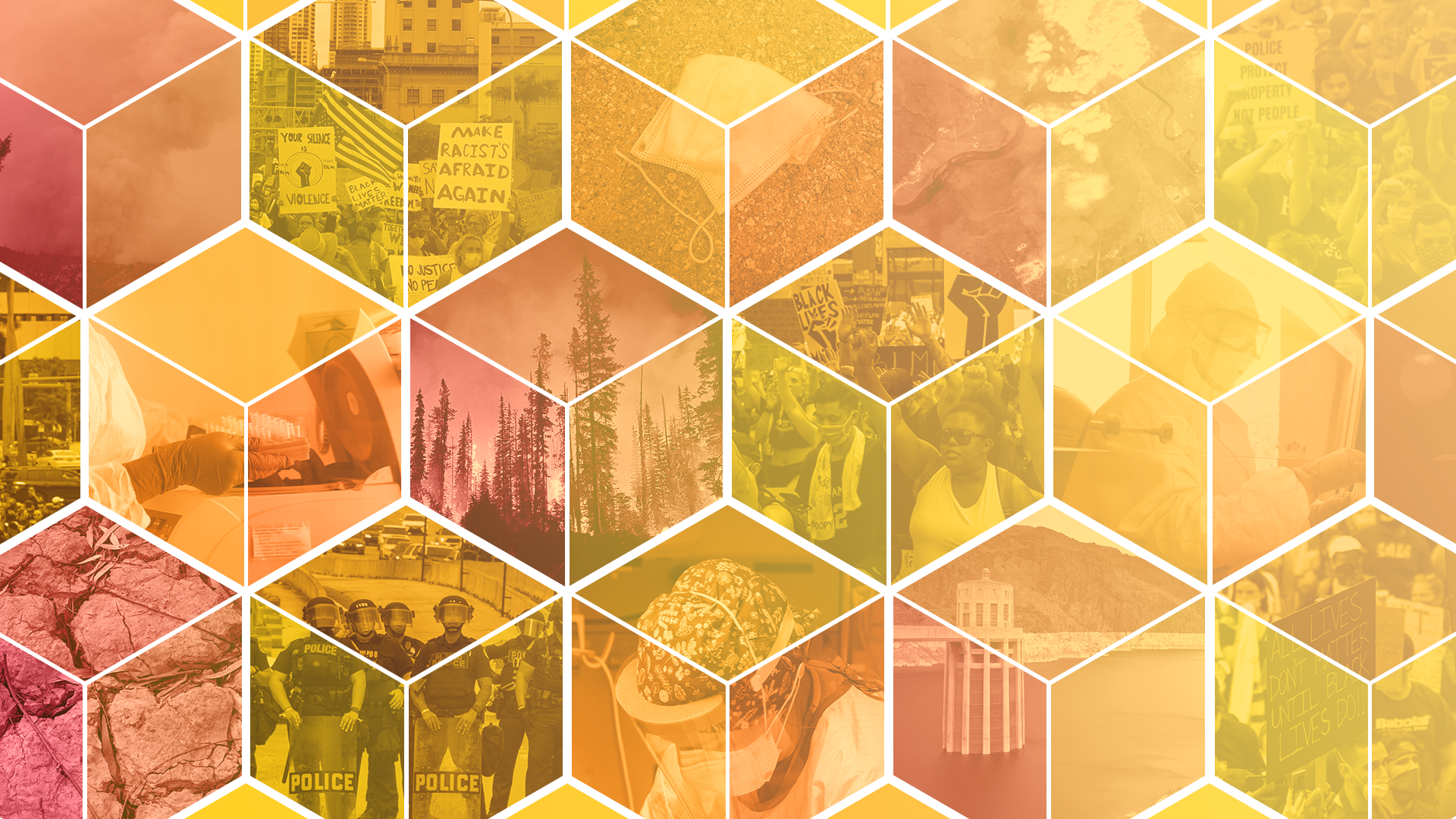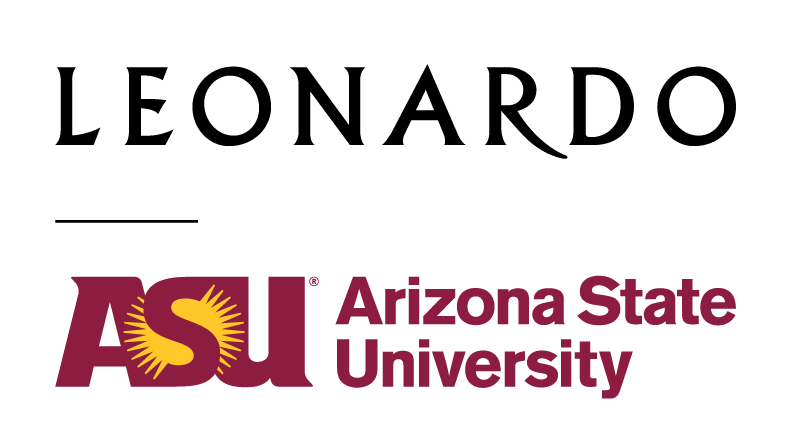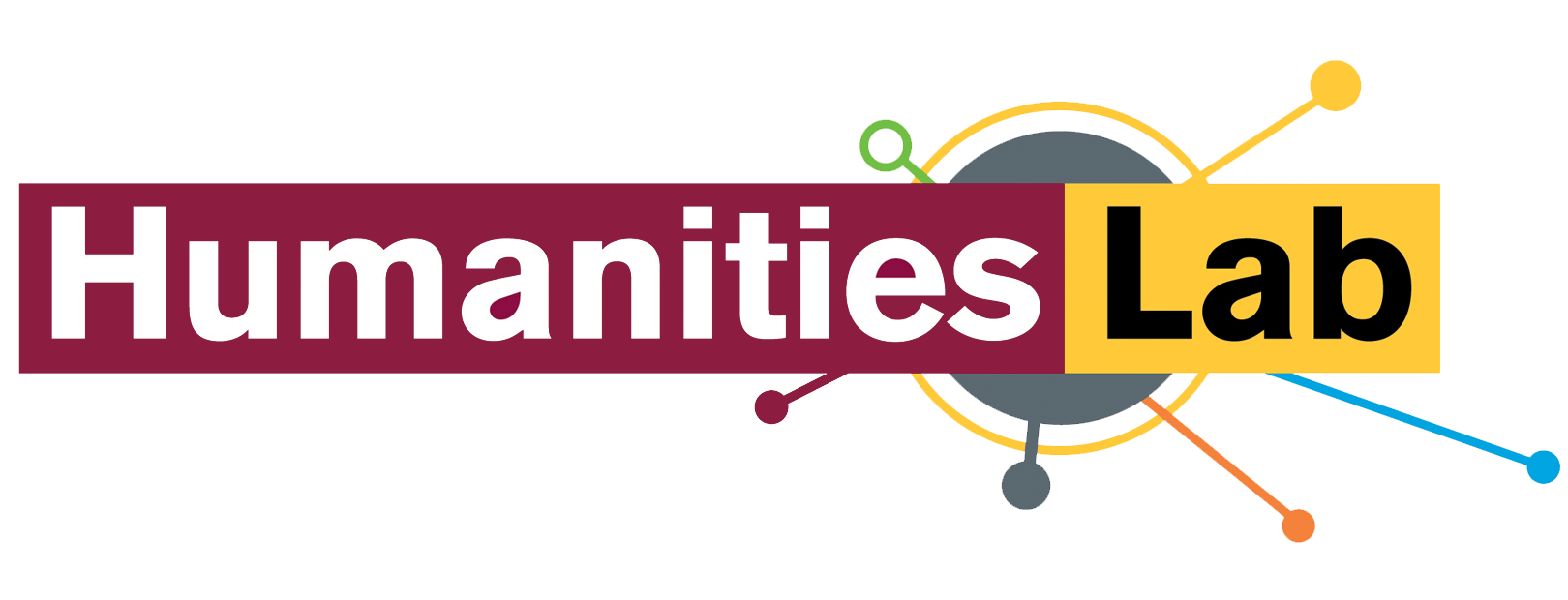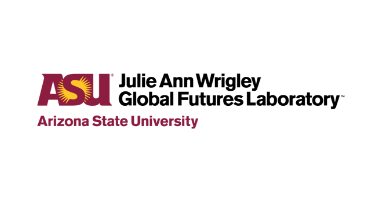Shaping tomorrow, today, requires path-breaking, creative solutions
That challenge has never been more critical than it is today, as an alarming “syndemic” of intersecting crises—the coronavirus pandemic, racial injustice and accompanying civil unrest, and cascading environmental hazards—destabilize social systems and threaten human survival across the planet.
Science and technology need the arts and humanities
Today’s crises require engagement with critical questions that underlie the distressing symptoms currently overwhelming us. How do the crises of the current syndemic interconnect? What better choices can societies make to counteract the flawed choices that have led to the syndemic? How have existing institutions and social and scientific practices failed to prevent the crises we currently face?
Beneath these urgent questions lie even more basic ones: What does it mean to be human? To be humane? How can individual liberty in a democracy be balanced with collective responsibility? How can cultural differences in values be accommodated in considering what might lie ahead?
Seize the Moment
Seize the Moment was designed to address the challenges of the current moment through transdisciplinary collaborations in the arts, sciences, humanities, and technology in pedagogy, research, and public engagement.
Together, we believe these fields are uniquely well-positioned to engage with the compelling questions of our time and to forge thoughtful, creative pathways toward deeper understanding of and novel frameworks for addressing them.
Seize the Moment is an initiative of Leonardo, the Humanities Lab and the Global Futures Laboratory at Arizona State University.
#BeyondTheLab
Elevate AR - A team of four students from the Humanities Lab Fall 2021 – Humanizing Digital Culture Lab, inspired by their introduction to "distributed, place- based" experiences in the original Lab, are breaking new ground by developing a software toolkit for creating AR—augmented reality—stories that use any elevator car as a "digital window" into another world. Elevate XR offers a curated “place based, distributed” gallery experience — setting stories from others across the globe against the familiar rhythms of your own environment.
Transdisciplinary areas of focus: art, science, humanities & technology
Sporks Up!* - How can we imagine life without plastic when it is omnipresent in our lives?
- Reduce (or even eliminate) the use of plastic because it entails severe environmental and thus also social repercussions.
Our goal is to reduce and possibly eliminate single-use plastic on the ASU campus. More precisely, we want to tackle the use of single-use cutlery at fast food restaurants and shops.
Transdisciplinary areas of focus: science & humanities
*Received Fall 2021 funding through Joni Adamson & RimJhim Aggarwal
Faculty Seed Grant Awardee: Anthropocene
Anthropocene is an original devised, physical theatre piece that explores the current geological epoch—where human activity has drastically impacted our climate, environment, and social
conditions. This multi-year transdisciplinary performance research project combines innovative multimedia projection design, an original musical score, dance, and performance into a single endeavor bringing together the people and disciplines of ASU’s School of Music, Dance and Theatre, Herberger Institute for Design and the Arts, School of Sustainability, and Global Futures Laboratory. It will premiere at ASU in Fall 2023 as part of the Theatre season.
Faculty Team: Rachel Bowditch, Steven Beschloss and Karen Jean Martinson
Inquiries driving Anthropocene
- How do individual actions have a rippling effect on the entire planet?
- How can performance make visible the impact that everyday actions--such as drinking a cup of coffee or eating take-out with plastic silverware--have on the environment?
- What are the chains of consumption, for example, from the coffee bean to a Starbucks cup of coffee?
- What are the human stories embedded within these chains of consumption and the climate crisis? How do we tell those stories with care and empathy?
- How do we perform these stories in a way that allows us to better understand them?
- What impact is technology having on our humanity? Our feelings of isolation and disconnectedness?
- How are we losing our humanity to technology?
- What do Indigenous practices have to teach us about sustainability?
- What are real, actionable solutions towards a sustainable future and how can we communicate these through performance to inspire hope and action?
- How can we imagine new global futures that work to heal our planet?
- How can performance break through to people to impart the urgency of the crisis?
- How might a somatic, poetic performance motivate real action?
Faculty Seed Grant Awardee: Arizona Cares
Arizona Cares - Womens Care Labor Testimonios project engages Black and Latina women in the Phoenix metro area in composing testimonios, or first-person narratives, to document their experiences of negotiating care labor and paid employment during the pandemic. We will compile participant testimonios into a public digital archive hosted by ASU. The archive will serve as a site of research for scholars, community practitioners, and policy makers to help inform future policy decisions and resource provisions.
Faculty Team: Michelle Stuckey and Stephanie Lechuga-Peña
Inquiries driving Arizona Cares work:
- How do caregiving responsibilities impact Black and Latina women’s abilities to engage in paid work?
- How do women balance both caregiving and employment responsibilities?
- What impacts do caregiving responsibilities have on women’s mental and physical health and the health of their familial relationships?
Faculty Seed Grant Awardee: Turn it Around
The Turn It Around initiative focuses specifically on the role of education in turning around the environmental catastrophe. Mobilizing the power of socially engaged art to move people into action, this project is designed to ‘move’ politicians, policymakers, and educators into a different state of thinking, doing, and being. At the center of the initiative is one of the most basic learning tools – a deck of flashcards – designed by youth for decision-makers at all levels to challenge them to think, see, and act in new ways. Called “Turn It Around!”, the deck features cards displaying climate crisis inspired artwork created by youth on one side, and motives, actions, and facts for policy makers to guide their decisions about climate futures, on the other side.
Faculty Team: Adriene Jenik, Andrew Freiband, Ann Nielsen and Iveta Silova
Inquiries driving Turn it Around
- How can this project ‘move’ politicians, policymakers, and educators into a different state of thinking, doing, and being?
- What is the role of education in turning around the environmental catastrophe?
- How can Turn it Around disrupt the status quo by radically reimagining our approach to education, and our relationship with nature and the living world?
- How can we focus on mobilizing partners and networks for broader public engagement with the “Turn it Around!” initiative; including engagements with schools, municipalities, nongovernmental organizations, and communities?
- For this next phase, we are working simultaneously at two different levels:
- Deeply embedded in our local community through existing school and community partnerships as a part of ASU’s Regional Center of Expertise of Education for Sustainable Development (RCE Greater Phoenix) network.
- Globally through our affiliation with the RCE network and our existing institutional partnerships with such organizations as Education International, Earth Day, Biomimicry Institute, Common Worlds Research Collective, and others.
Seed Grants go to Barcelona!
Seize the Moment seed grant faculty teams, Anthropocene and Turn it Around, were invited to showcase their art at Leonardo’s Exhibit, "Digital Awareness" at Espronceda, Institute of Art & Culture in Barcelona, Spain. The exhibition was a part of the extended program of ISEA2022 and the New European Bauhaus Festival 2022.



